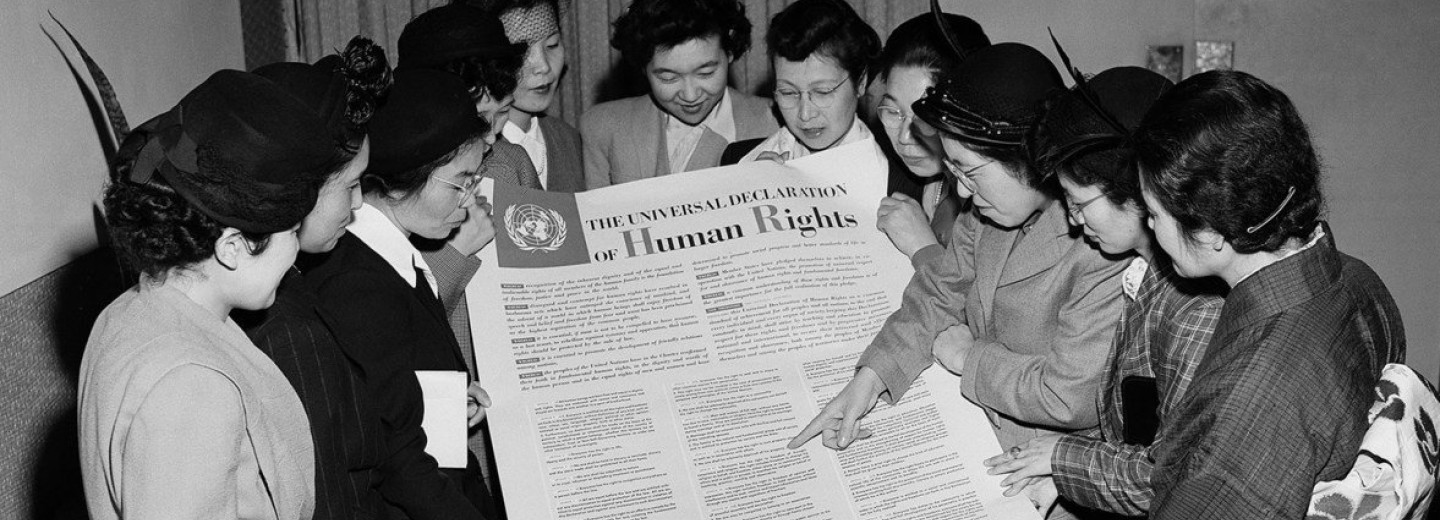The Declaration of Human Rights
I have written more than once about the West’s continued imposition of its culture on other parts of the world. In ‘Modern Missionaries’, I described how Western media act as the mouthpiece of Western politicians in evangelising Western values. In ‘Here we go again’, I am appalled by the idea that the USA’s spy agencies be used to spy on countries that may be infringing the West’s codes.
I was delighted to come across a copy of an article written for ‘Foreign Affairs’ in 1948 by Eleanor Roosevelt, who chaired the Committee that wrote the Declaration of Human Rights in 1946-48. The United Nations adopted it on 10th December 1948. In a masochistic way, I hoped that the Chairman (her choice of word) of the drafting committee would prove my views about the colonialism behind the Human Rights movement to be wrong.
I learned a lot, to be sure, but my views have not changed.
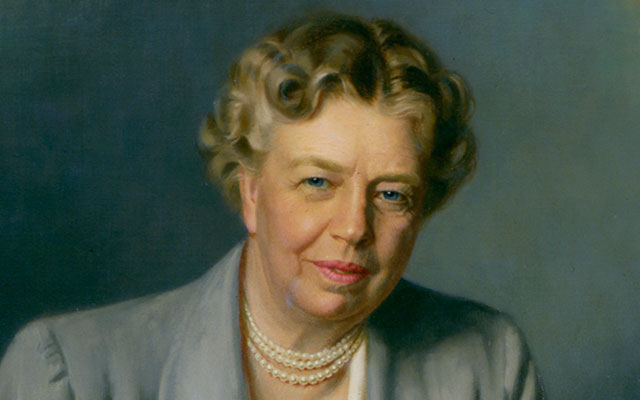
Ms Roosevelt’s opening paragraph reads:
The real importance of the Human Rights Commission … lies in the fact that throughout the world there are many people who do not enjoy the basic rights which have come to be accepted in many other parts of the world as inherent rights of all individuals, without which no one can live in dignity and freedom.
In other words, enlightened nations needed to persuade less enlightened nations to adopt the universal human rights standards that the Commission felt were essential for human dignity and freedom. The Chairman went on to write:

Among a number of other recommendations in our report we suggested that the first work to be undertaken was the writing of a Bill of Human Rights. Many of us thought that lack of standards for human rights the world over was one of the greatest causes of friction among the nations, and that recognition of human rights might become one of the cornerstones on which peace could eventually be based.
Christian missionaries had similar justification for their work. In the Bible, in Matthew 28:18-20, Jesus commands his followers to "go and make disciples of all nations." Many Christians view this as a direct mandate from Jesus justifying their missionary work. Missionaries often pointed to the Bible as the authoritative word of God. They would cite scriptures such as John 3:16, "For God so loved the world that he gave his one and only Son, that whoever believes in him shall not perish but have eternal life," as the basis for their belief and justification for spreading Christianity.
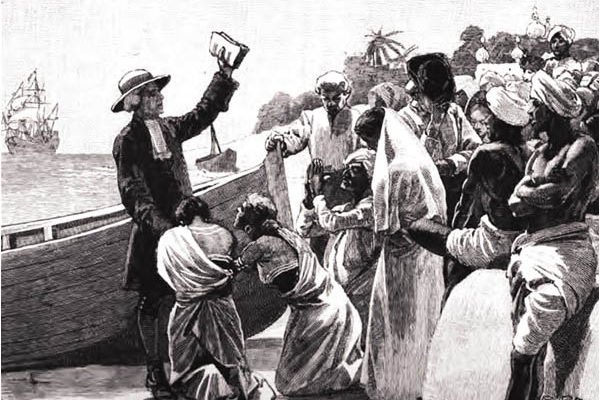
The Human Rights Commission created a new ‘bible’ by which countries should abide for their citizens to ‘live in dignity and freedom’. Despite attempts to involve a few other cultures, English speakers drafted this ‘bible’ in English. The all-male drafting committee was primarily educated in Western education systems. Few of its many clauses contain any recognition of local beliefs and customs in parts of the world, with cultures and history dating back centuries before Western hegemony.
Like the Bible, the Koran and many other religious tracts, the Bill of Human Rights contains much that is noble, virtuous, and worthwhile. It took enormous time, effort, and argument to produce. Like any other document of its kind, it is far from perfect. But its intentions and sentiments are hard to challenge. The Committee was hard-working and thorough.
And it is a product of its time. Like other ‘religious’ documents, many parts of the world differ remarkably from their beliefs in 1948.
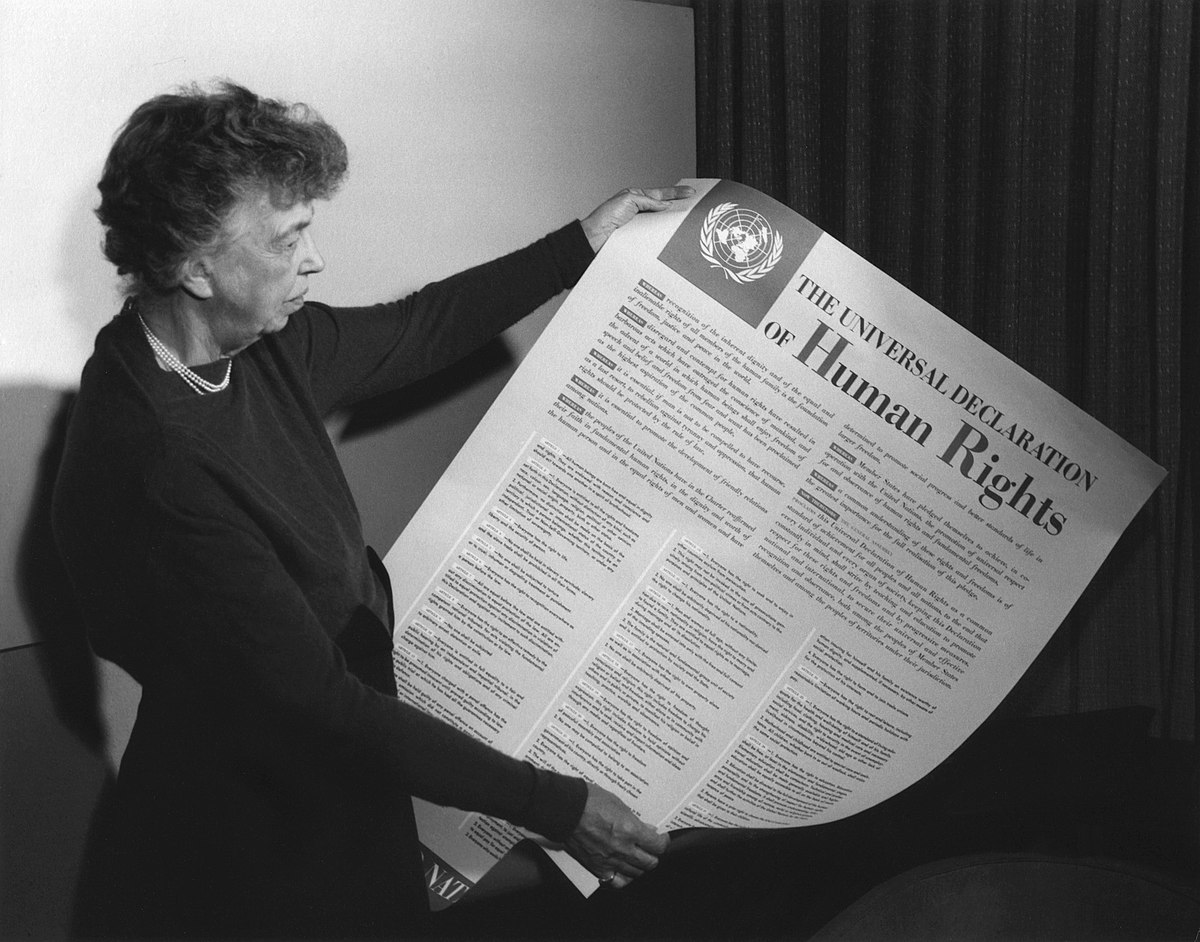
Ms Roosevelt concludes her paper with words of which missionaries would approve:
As the Convention is adhered to by one country after another, it will actually bring into being rights which are tangible and can be invoked before the law of the ratifying countries. Everywhere many people will feel more secure. And as the Great Powers (sic) tie themselves down by their ratifications, the smaller nations which fear that the great may abuse their strength will acquire a sense of greater assurance.
I wonder how Ms Roosevelt would feel today.
All the main ‘international’ human rights organisations are Western – from the ‘Great Powers’. The Great Powers may thus well be ‘abusing their strength’ in the eyes of countries with different cultures and traditions. Not only that, but some would say that far from ‘tying themselves down’, the Great Powers have flagrantly breached the Declaration of Human Rights many times.
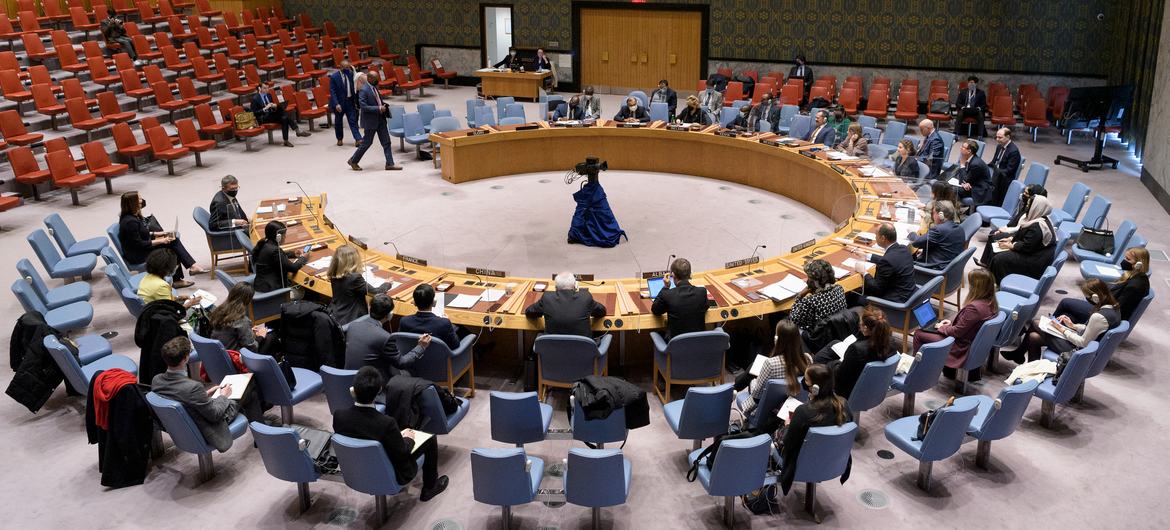
The five dominant civil rights advocacy organisations that employ 87,000 people are Western. I have found only one or two small local groups tackling specific issues in smaller countries. However, the number of people employed on human rights issues pales before the number of missionaries. According to the Centre for the Study of Global Christianity at Gordon-Conwell Theological Seminary, there were approximately 440,000 Christian missionaries worldwide in 2018. In all cases, these numbers are estimates and include many hard-working professionals in other fields who happen to belong to human rights or missionary organisations.
But – let us suppose – you are a citizen of Anglosaxonia, a globally leading nation. You become aware of a group of people coming to your country to advocate a new ‘faith’, maybe communism. They sincerely and eloquently believe this new belief system will benefit you and the world if you embrace it too. They are loving, patient and persistent. They do all kinds of good work in your community. They build meeting halls, help educate your children, and provide health care for nothing, but their beliefs and values differ widely from yours.

How would you react? I suspect you would find it, at the least, intrusive; at worst, somewhat threatening to your way of life.
The Declaration of Human Rights contains many fair and noble sentiments. (It would be better balanced by a Declaration of Human Accountabilities, but it is hard to argue with the ideas behind it.) One could say the same about the Bible, the Koran, or the Communist Manifesto. Whether you have faith in God or not, the social principles are sound.
You may passionately believe that the Declaration of Human Rights suits the world. But what ‘human right’ justifies you forcing every other nation to adopt your beliefs?
Eleanor Roosevelt was realistic about this:

If the Declaration is accepted by the (UN) Assembly, it will mean that all the nations accepting it hope that the day will come when these rights are considered inherent rights belonging to every human being, but it will not mean that they have to change their laws immediately to make these rights possible.
If these ‘truths are so self-evident’ (to paraphrase another famous historical document), Ms Roosevelt believed they would eventually prevail.
Therefore, there is no need to encourage resistance by evangelising them to cultures that have long pursued their own belief systems.
Worked on the article:

Wanlikhang


